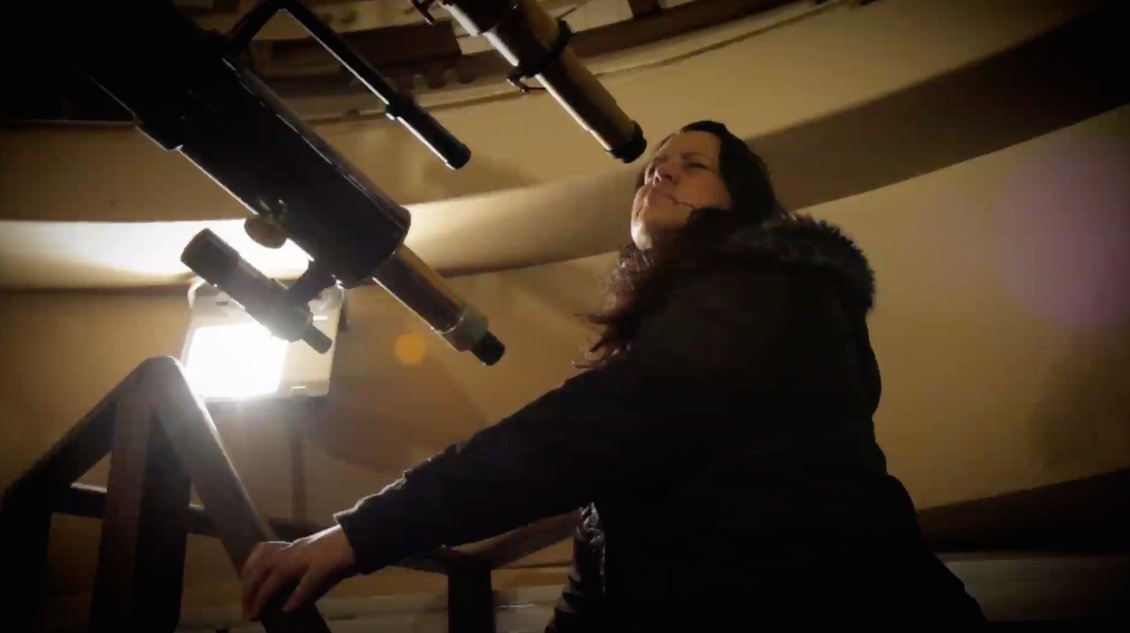Dr Pauline Harris - Annual Report 2019
8 March, 2020
Many know MacDiarmid Institute Principal Investigator, Dr Pauline Harris, from Rongomaiwahine, Ngāti Rakaipaaka and Ngāti Kahungunu ki Wairoa, for her work in Māori astronomy, and traditional calendar systems, but may not realise she also has a PhD in physics. What made her join the MacDiarmid Institute at this time?
“Sustainability is central for Māori and indigenous people, and to see it at the core of the work of the MacDiarmid Institute was something I wanted to be part of. There’s a willingness within the Institute to really focus on the future of our planet, and for sustainability to not be just a word to be thrown around but a word to be actioned. The MacDiarmid leadership really understand that.”
Dr Harris sees her role as adding to the kaupapa. “I’m trying to act as a bridge to what Māori need and want. Communities are already telling me what’s worrying them – environmental issues, health issues, and the want for a more sustainable world. I want to build a picture of what we as Māori would like organisations such as MacDiarmid to focus on in their research, to enable the healing of our lands and waters. For Māori, we understand that we are the water and we are the land. This gives us a unique perspective, one that sees the need to heal the earth.”
Dr Harris, who was this year appointed to a new leadership position with the Institute – Māori Science Leader on the Institute’s Science Executive Committee – says it was great to be asked to step into this role.
“I really appreciated being acknowledged for my experience and what I can contribute to the committee for both my knowledge as a physicist and in mātauranga Māori. The mātauranga Māori will always be a focal point for me, because I am Māori and I am passionate about seeing my people and my culture flourish. But it’s also nice that the MacDiarmid Institute not only knows of my research and experience in astrophysics, but also knows that I used to work on conductive polymers. I feel seen and acknowledged for who I am.”

Rights: Scottie Productions via Science Learning Hub
Up next for Dr Harris in this role is to get talking with communities. “I want to have meaningful conversations with our whānau in different iwi, in order to determine what sort of issues are important to them – especially around environmental degradation, and issues with land, water and air.
"These conversations are already underway, but I want to have more, if communities are willing, and to then have a look to see what the MacDiarmid Institute can help develop, in order to contribute to solving these problems, using materials science. No one organisation will have all the answers, but everybody has a role to play."


